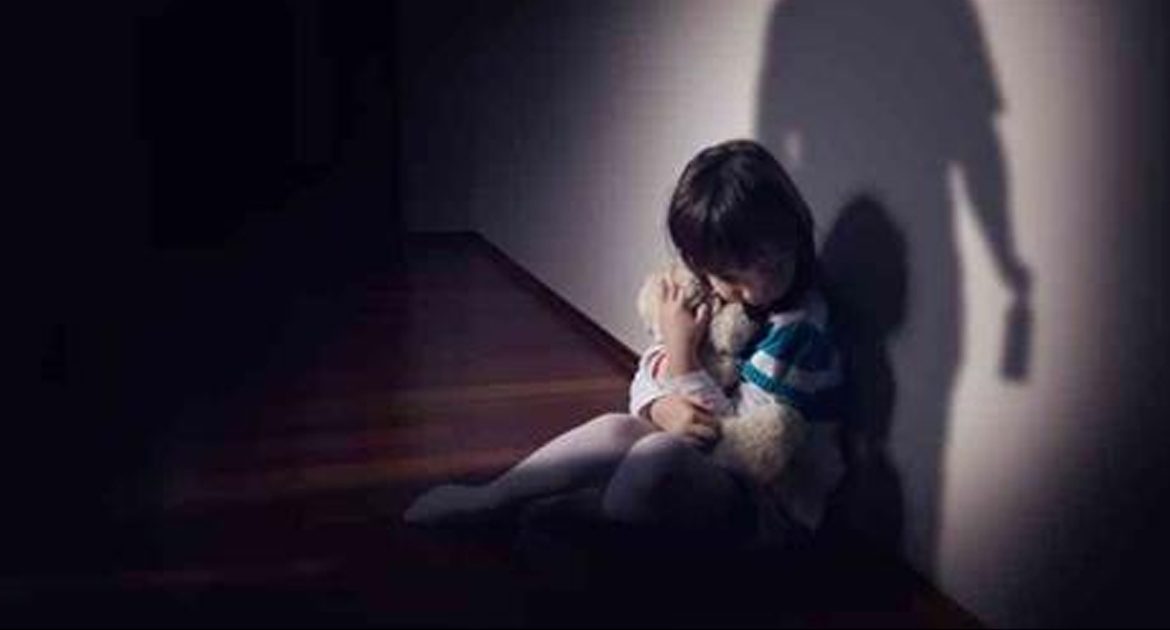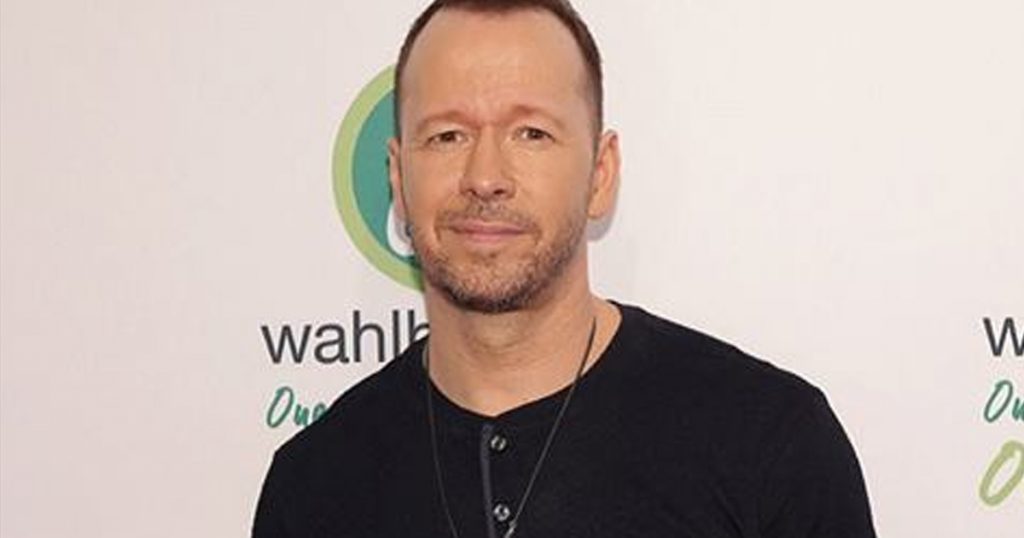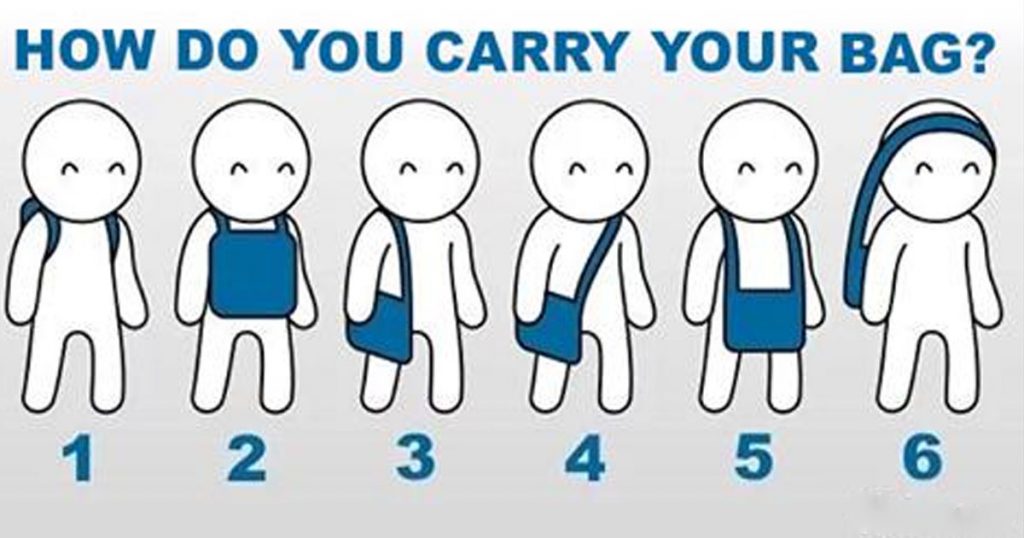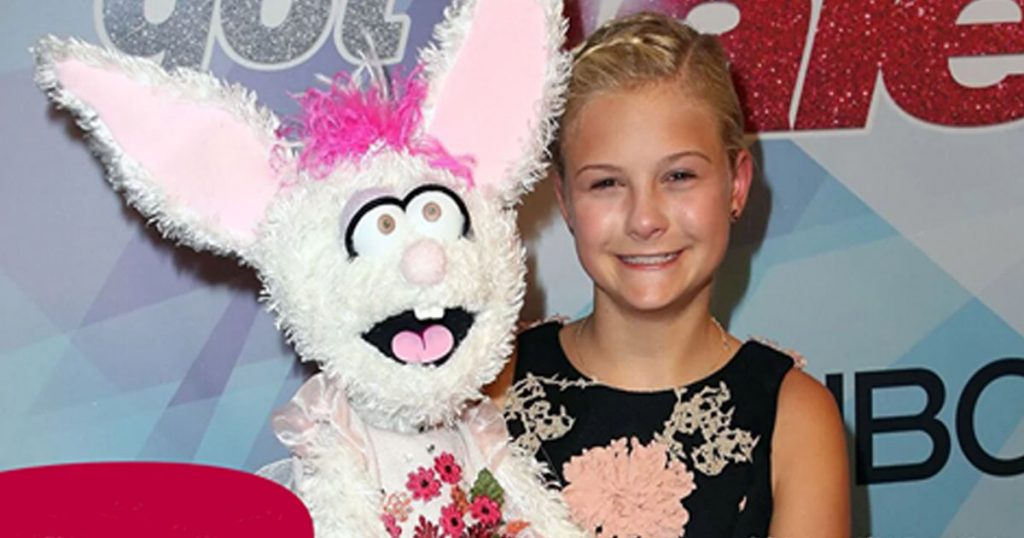When we were kids, our job was to go outside and play, get into mischief and “try to stay a kid as long as possible.” But during all that, the environment we are brought up in reflects how we behave as adults.
There has been a lot of compelling research done about how the way we grew up affects how we behave as adults. For example, studies have linked childhood trauma to increased levels of alcoholism and depression in adults. But what’s not to say that there is not more to the research? As adults we are often asked to reflect on positive influences, role models and experiences from our past that have shaped who we have become today. If you think about it, every high and low molds us into who we are, for better or for worse.
This is especially crucial when we are younger and our brains are rapidly developing. It could be something as simple as an unheard cry for help to an unmarked facial expression that can have a heavy impact on our young psyche. With that said, here are 26 ways you can tell if an adult may have been emotionally abused as a child.
Commitment Issues: This tends to translate into their early years of child hood where they may have had a bad experience where they trusted someone, or maybe someone trusted them and they let them down that has resulted in them lacking commitment.

Auto-Pilot Mode: At times you will find that they will zone out of an entire conversation or even a big social event. This is strictly due to disassociation, a skill that they taught themselves as a child. No need to get offended because it’s usually unintentional.

Mood Swings: You will find that their mood swings come at random times, but seem normal to them. The reason for this is because they had to deal with these type of mood swings as a kid, so the only response they know is to model the behavior.

Commit Acts of Self Harm: As a child they more than likely didn’t have anyone to talk to when things were tough, so they acted out and hurt themselves. Because it’s all they’ve ever known, this has continued up to now.

Hidden Anger: Sometimes cruel things that people have experienced as a child don’t leave their system. They don’t get over it, they bury it deep below and come back to it when they need to, or it comes out unannounced. You’ll notice this with sudden outbursts of anger that happen at different times.

Constantly Nervous: This is in direct relation to several traumatic experiences as a child that are leaving them on edge. They may also get startled easily.

Lack Confidence: No matter how much skill they have, they will always feel like they can’t accomplish anything. This can be related to times in their childhood where they needed support but were put down instead.

Low Self-Esteem: This is due to lack of affection as a child and possibly constant teasing. They probably didn’t have many friends because of it and kept to themselves in most cases.

Don’t Handle Compliments Well: They don’t believe that the compliments are sincere, so they will react in a more harsh way, or accuse you of lying.

They Are Quiet: They feel very uncomfortable using their voice because of how they were belittled and made to feel small and wrong throughout their childhood.

Issues Being Close to Others: They may have a sour taste for people because of how they were treated as a child. This could include teasing, bullying and lack of affection.

Hard on Themselves: They beat themselves up mentally and emotionally on things that are out of their control. However, this may also occur even when things are good. They will find reasons to be unhappy because they were beaten up emotionally all throughout their childhood.

They Do Not Like Conflict: Conflict gives them anxiety. So rather than face challenges head on and try to overcome them, they run in the opposite direction.

They Do Not Like Eye Contact: They refer from eye contact, because they also do not like conflict which in most cases entails eye-to-eye contact. They also do not like speaking to others, which makes eye contact even more difficult.

Fear of Abandonment: During their childhood they may have experienced someone leaving them. In a lot of cases this is a parental figure, or even a divorce. They never got over the incident and has continued to follow them throughout life.

They’re Defensive: Because they may have experienced or witnessed a lot of arguing as a child, they have developed a very negative and defensive personality in order to protect themselves.

Dislike Contact: Because of their fear of abandonment, they will often avoid all aspects of human contact and also try to avoid meeting/seeing people at all costs.

Sensitive to Loud Noises: Chances are they were raised in an environment of loud screaming and yelling that resulted in a lot of anger being unleashed. In some cases these incidents may have also resulted in violence.

They Overdo Things: Because they had such a rough childhood, they try to compensate by trying to be perfectionists and also try to get everyone to like them. Chances are they were quite lonely growing up and don’t want to experience that feeling again.

Trouble Making Decisions: During their childhood they were most likely told that they were never good enough, so it’s translated into them wondering if the decisions they are making are the right ones.

Tough But Soft: Their exterior may scream tough, but because of all the different types of emotions they experienced growing up, they have developed a very sensitive interior.

Always Apologizing: Growing up they were probably seen as a disappointment and were constantly saying sorry for things they shouldn’t have. So any time there is a disagreement, or maybe they couldn’t come through with something, they feel the need to apologize.

Second Guess Everything: This ties into trouble making decisions. Whether it was being yelled at for choices they made growing up, or the people around them always making the decisions for them whether they agreed with them or not, it’s caused them to second guess.

Very Humble: Despite the hardships they have experienced growing up, they have are very blessed and appreciate the good things that they now have in their life. They are a strong, grateful survivor of the past.







